Team
Our project consists of three partner institutions: Technical University Chemnitz (TUC) in the lead, the Helmholtz-Centre for Environmental Research (UFZ) and University College London (UCL). Below, you will find an overview of the people involved.
Technical University Chemnitz (TUC)
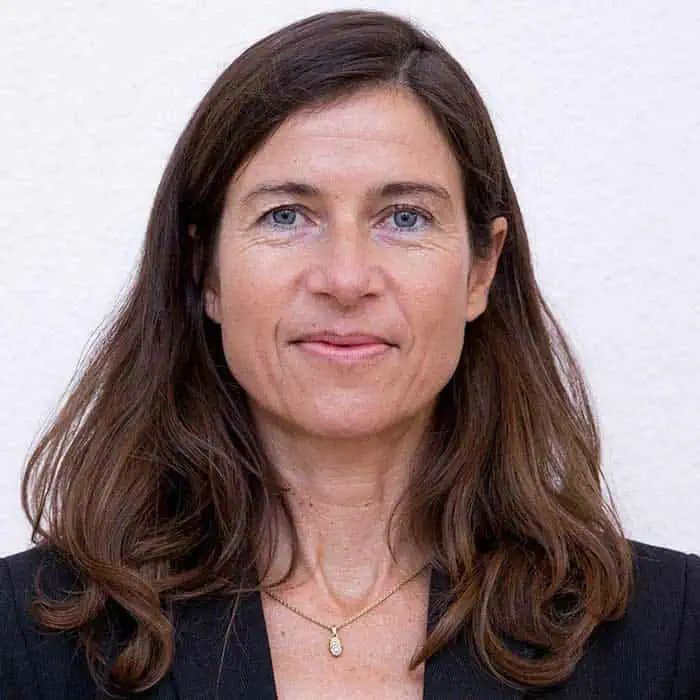
Birgit Glorius is a full professor for human geography with focus on European migration research at Chemnitz University of Technology, Germany. Her research interests and majority of publications are in the fields of international migration, social geographies of rural regions and geographies of knowledge. During the last decade, she intensively worked in the area of forced migration, asylum politics, and integration. She was lead partner of the H2020 project CEASEVAL, researching European asylum politics, and is currently leading a project on the integration of refugees in small towns and rural regions in Germany, focusing on the role of the receiving society. In Germany, she is board member of the German Network on Refugee Research and head of the advisory board to the research department of the federal agency on migration and refugees in Germany. Her international collaborations comprises IMISCOE membership and membership in the International Geographical Union.
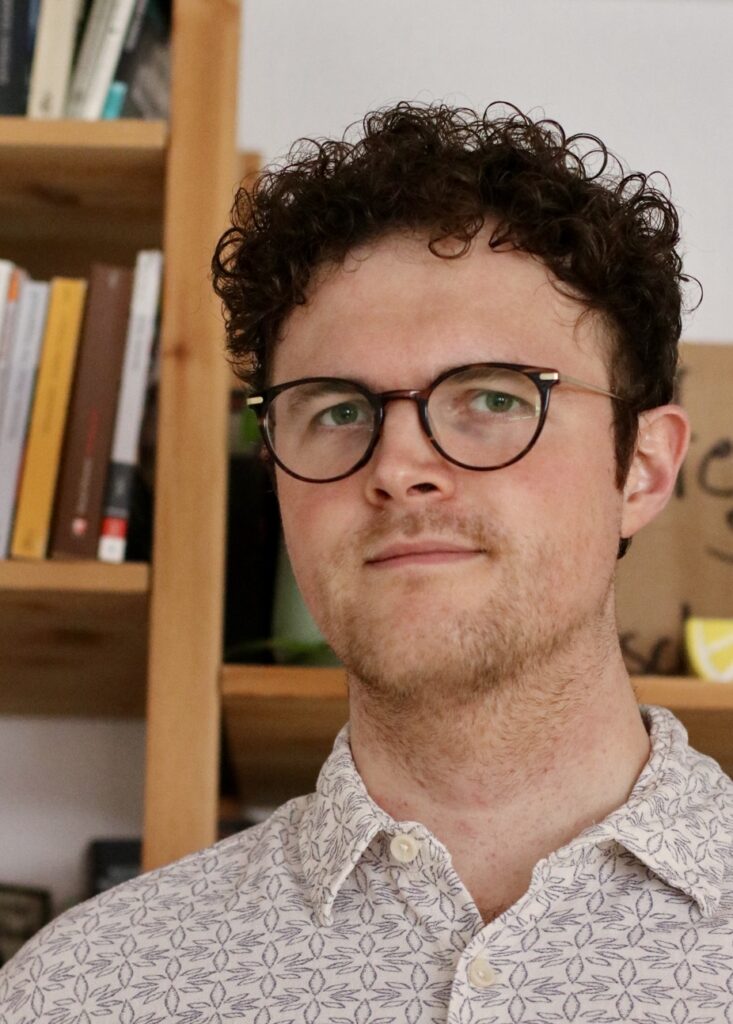
Denis Zeković is a PhD researcher at the Chair of Human Geography with a focus on European Migration Studies at Chemnitz University of Technology. He works on the role of the receiving society for local migration and integration processes. Before joining the project, he has worked at the German Center for Integration and Migration Research (DeZIM) in a project focussing on resilience in local migration governance.
Former team members
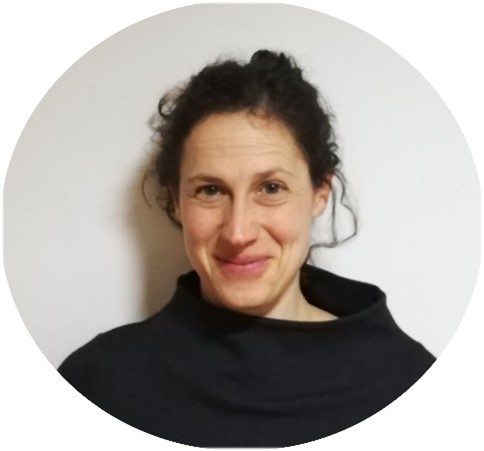
Friederike Enßle-Reinhardt is a post-doctoral researcher at the Chair of Human Geography with a focus on European Migration Studies at Chemnitz University of Technology. She works on (forced) migrants‘ processes of arrival in smaller localities and the negotiation of migration in the local population from a perspective that is sensitive to social and spatial inequalities.
Helmholtz-Centre for Environmental Research (UFZ)
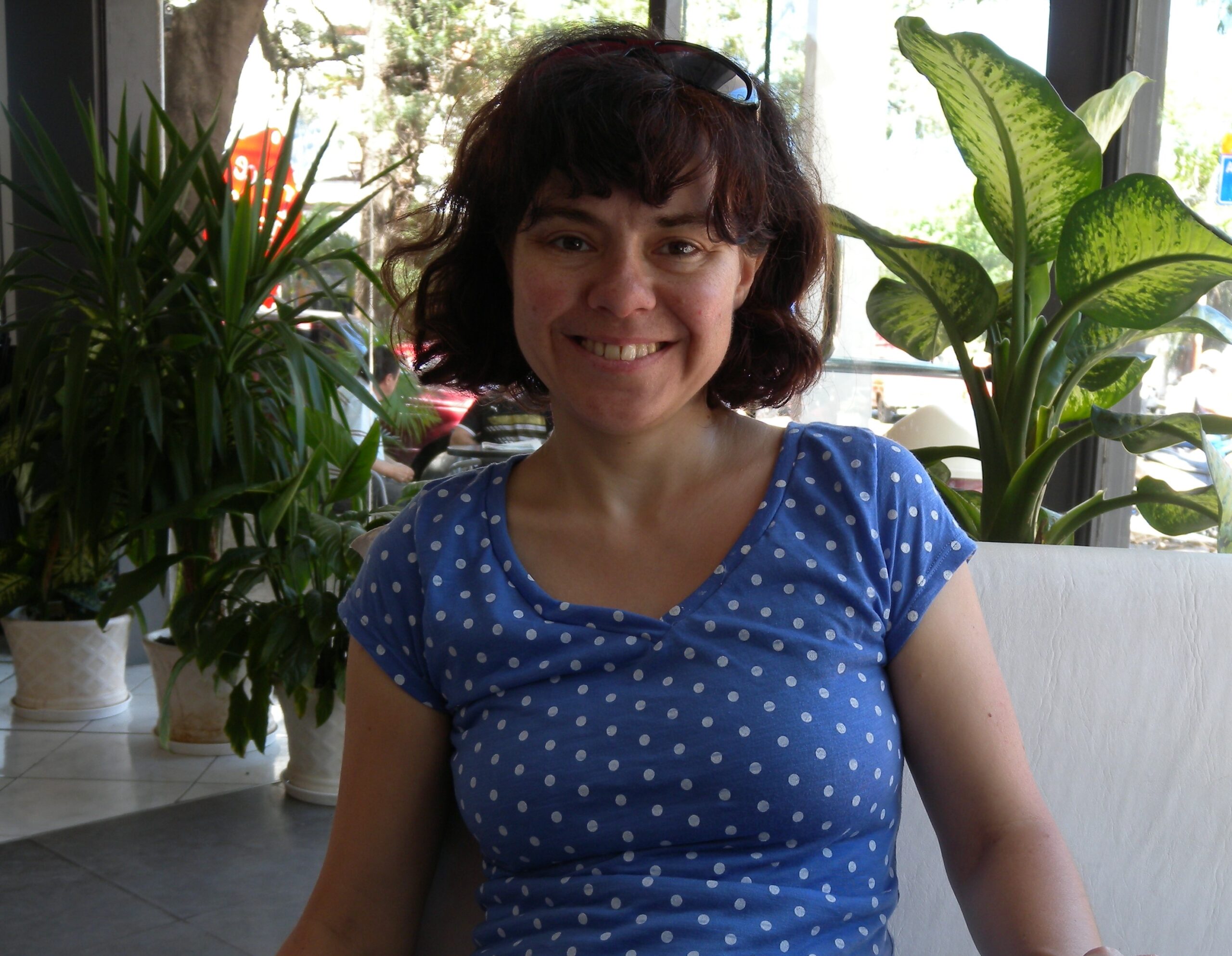
Annegret Haase is an urban sociologist at the Department of Urban and Environmental Sociology at Helmholtz Centre for Environmental Research – UFZ in Leipzig, Germany. Her main research interests include urban sustainability transformation and resilience; equity, justice and transformation conflicts; socio-environmental change; urban migration, diversity, governance and participation.
Anika Schmidt has a professional background in human geography and works as a research staff at the Department of Urban and Environmental Sociology at the Helmholtz Centre for Environmental Research – UFZ in Leipzig. Her inter- and transdisciplinary research activities focus on sustainable and resilient urban development, especially on topics as migration, housing and urban greening as well as cooperative and participatory approaches in urban planning.
Former team members
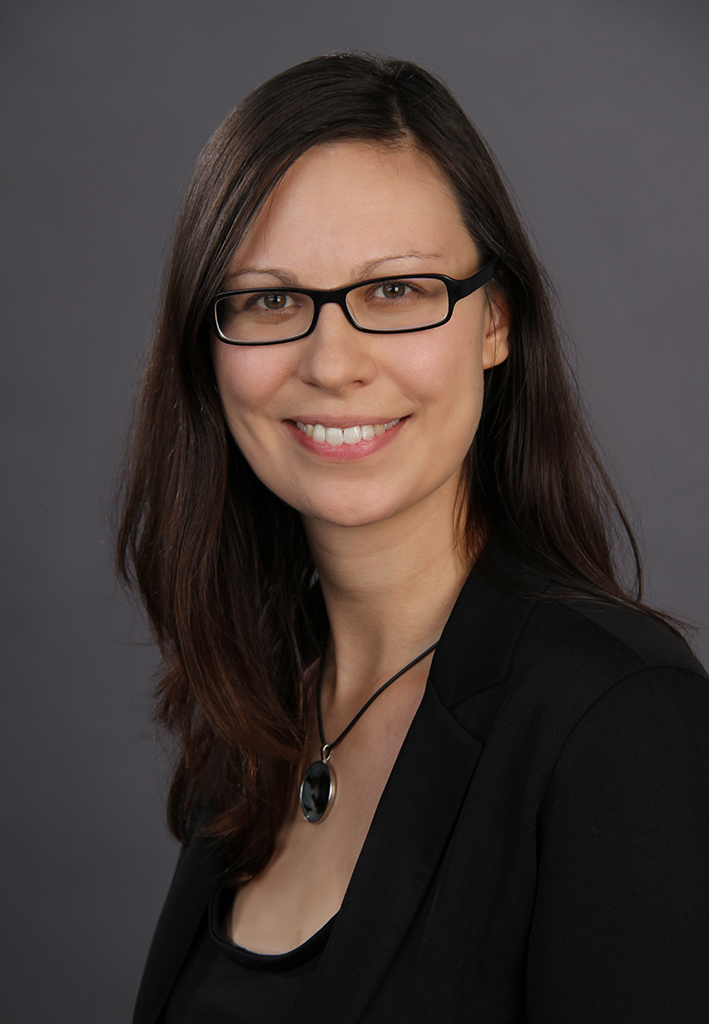
Janine Pößneck is a human geographer in the Department of Urban and Environmental Sociology at the Helmholtz Centre for Environmental Research – UFZ in Leipzig, Germany. Her work focuses on interdisciplinary urban research, resilience in the context of urban development, critical housing studies, and qualitative social research.
University College London (UCL)
- Giovanna Astolfo is Associate Professor, architect by training, and urban researcher with over ten years of experience working at the intersection of housing justice and displacement urbanism at the DPU. Since 2015, her research interest revolves around three core themes. Domopolitics, or how refugees and migrants are often trapped within humanitarian systems that function more as systems of control, turning homes into prisons. Necropolitical infrastructures, or how the arrival, reception, and overall management of refugees in Europe is built on the creation of a racialized subject and their subsequent erosion. Homing and domesticity, or how people create and sustain a sense of home in often hostile environments, whatever „home“ might mean to people. In the UK, I am particularly focused on the hostility migrants face and how domesticity persists in such conditions.
- Estella Carpi is a social anthropologist, presently Associate Professor of Humanitarian Studies at University College London. She is the author of The Politics of Crisis-Making. Forced Displacement and Cultures of Assistance in Lebanon (Indiana University Press, 2023). Estella’s research mostly looked at humanitarianism, forced migrations and identity politics in Lebanon and Türkiye.
- Stefano Mastromarino is an architect, refugee support worker and PhD candidate at The Bartlett DPU, UCL, funded by an ESRC UBEL studentship. A former research assistant at the Ipraus Lab in Paris for the development of the platform “Architecture et précarités”, he worked and studied Architecture at Politecnico di Torino, ENSA Paris-Belleville and TU Dortmund. Besides academia, he engaged in different forms of migrant support and activism in France, Italy and the UK and worked as a UASC Support Worker for a non-profit organisation providing housing and aid services to young people seeking asylum in the UK.
- Harriet Allsopp has a disciplinary background in IR, Politics and Middle Eastern Studies. Her expertise and experience extend from political-economy to micro level social organisation, with particular focus on global and local integration and exclusion mechanisms, migration and displacement and on the intersectionality of these with racial discrimination and structural inequalities. Her independent research has focused on disputed/border territories and spaces, the organisation of groups with restricted rights and their underlying political and socio-economic relations and geo-political contexts, employing mixed and adaptive methodologies to negotiate challenging research environments. Her research on Syria examined political and social organisation and strategies of Kurdish populations, including post-2011 responses and adaptations to conflict and autonomous governance. At the UCL she has worked on the RELIEF Project and, within the DPU, on HOUSE-IN; EPIC; Curing the Limbo.
Research Assistants
- Negin Darvishahmadi has seven years of professional experience working with refugees and immigrants in Türkiye. She works as an independent Persian- and Turkish-speaking field researcher for several EU-funded projects and beyond. She completed her masters degree with a focus on irregular migration and Afghan women in Istanbul.
- Ouaees Hommous is an Architect and Urbanist, currently pursuing an MA in Sociology at Ibn Haldun University. He aims to leverage his expertise to foster positive social, political, and spatial change through activism and policy-making initiatives, with a current focus on migrant communities and host societies.
- Sepehr Roshanshomal, PhD candidate at Halic University, Istanbul. He received his MSc in Architecture from Bahçeşehir University. He primarily works on natural structures and the human-nature relation in architecture and the built environment.
